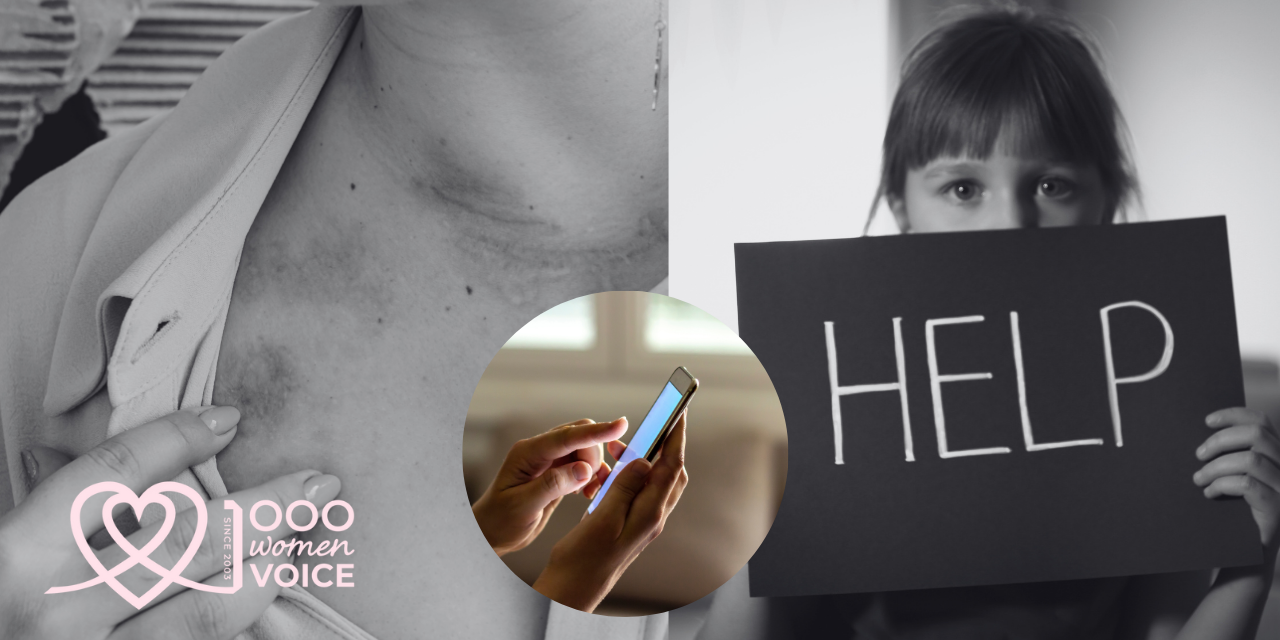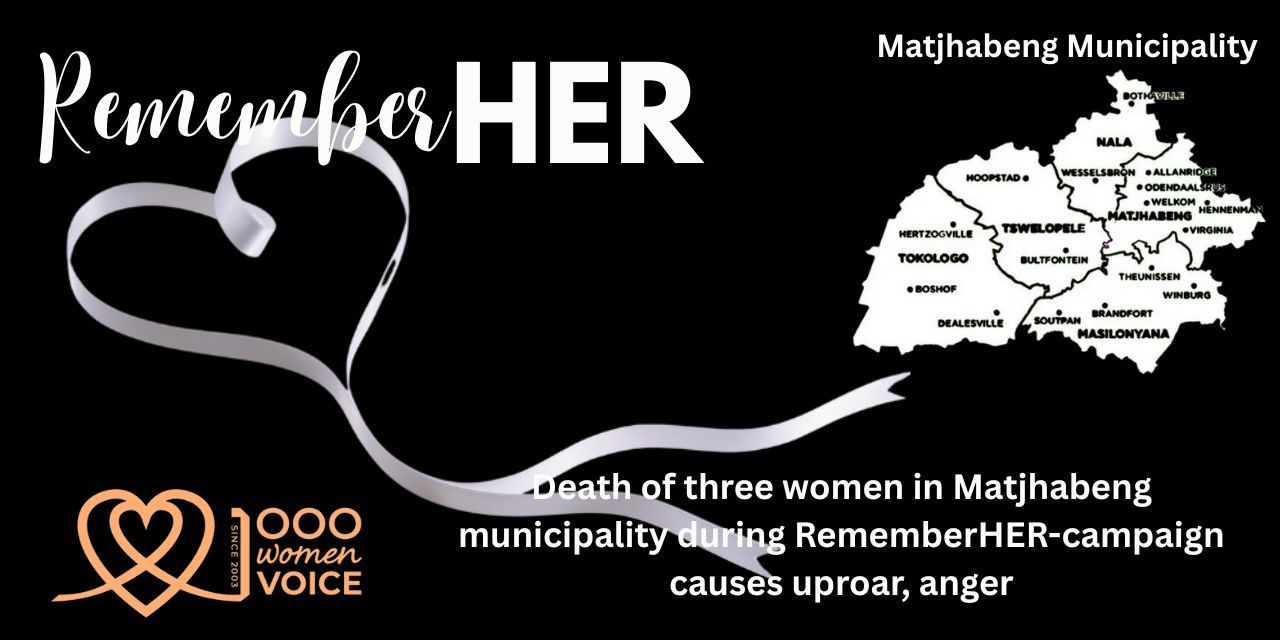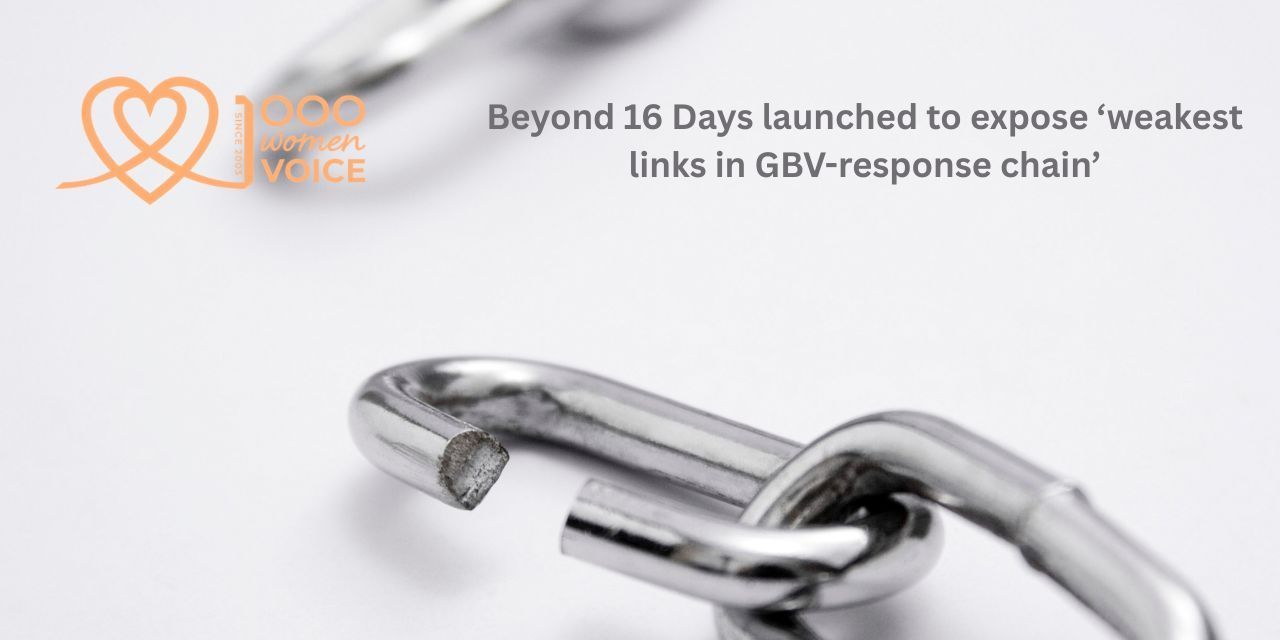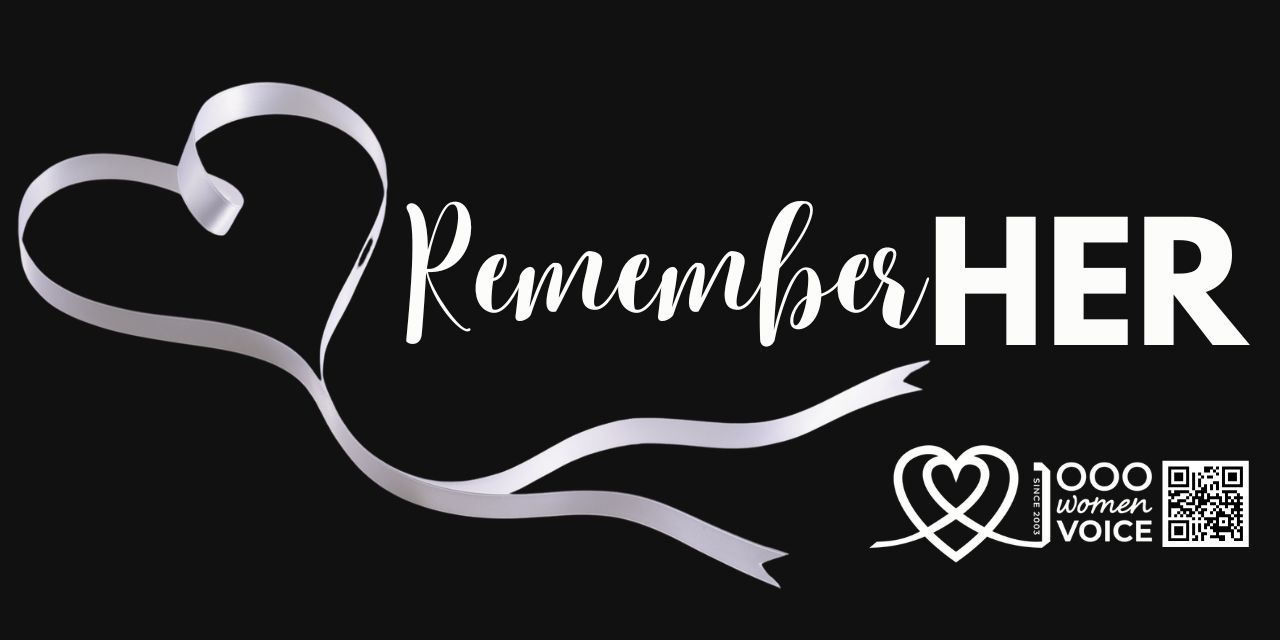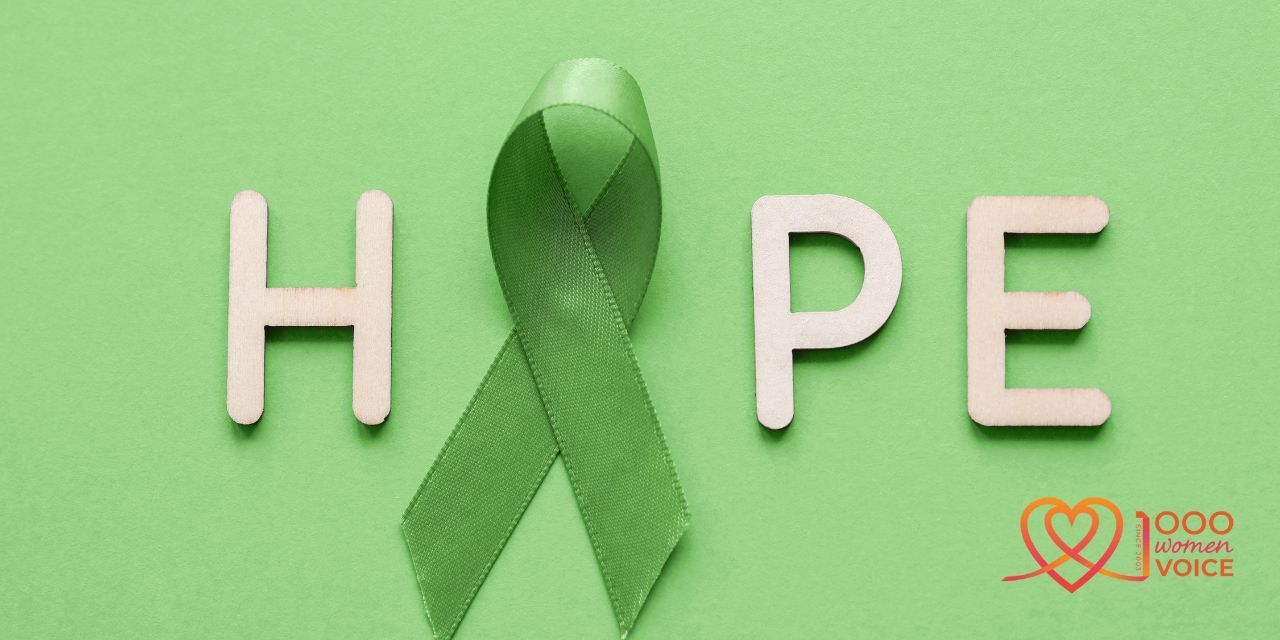Self-Awareness Can Improve Dads’ Impact When Teaching About GBV
Self-Awareness Can Improve Dads’ Impact When Teaching About GBV
Words: Fanie Heyns
CAPE TOWN. – Violence against women and girls is a pandemic and poses grave danger to South African society. Violence activists and educators see the next generation as the best hope to end gender-based violence (GBV).
Touching the hearts and minds of today’s children and teenagers by entrenching the importance of gender-equality and non-violence, would assist South Africa to change mindsets and cultural beliefs prevalent in the country.
But fathers who are still operating with parental attitudes that are not 100 % correct, can undermine their own efforts to convey important values like gender equality and non-violence to their sons.
Gentle parenting, says Claudia Roodt, founder of Designed to Connect and associate of 1000 Women Trust, is about guiding instead of controlling.
It is about connecting instead of punishing.
It involves encouraging instead of demanding.
It is about listening, understanding, responding and communicating.
The parent’s self-awareness of their own childhood experience is an excellent predictor of a child’s security of attachment to a caregiver.
Making sense of your life is the best gift you can give to your child, or yourself.
“As we grow and understand ourselves, we can offer a foundation of emotional well-being and security that enables our children to thrive,” says Roodt.
If you had a difficult childhood but have come to make sense of those experiences, you are not bound to re-create the same negative interactions with your own children.
Without such self-understanding, however, science has shown that history will likely repeat itself, as negative patterns of family interactions are passed down through the generations.
When we become parents, we bring with us issues that influence the way we parent our children. Experiences that are not fully processed may create unresolved and leftover issues that influence how we react to our children.
These issues can easily get triggered in the parent-child relationship. When this happens, our responses toward our children often take the form of strong emotional reactions, impulsive behaviors, distortions in our perceptions, or sensations in our bodies.
These intense states of mind impair our ability to think clearly and remain flexible and affect our interactions and relationships with our children.
At these times we are not acting like the parents we want to be and are often left wondering why this role of parenting seems to “bring out the worst in us”. Issues that are rooted in our past, impact our present reality and directly affect the way we experience and interact with our children even when we are not aware of their origins.
When unresolved issues are writing our life story, we are not our own autobiographers; we are merely recorders of how the past continues, often without our awareness, to intrude upon our present experience and shape our future directions.
We are no longer making thoughtful choices about how we want to parent our children, but rather we are reacting on the basis of experiences in our past.
It is as if we forfeit our ability to choose our direction and put ourselves on automatic pilot without even knowing where the pilot is taking us.
We often try to control our children’s feelings and behavior when actually it is our own internal experience that is triggering our upset feelings about their behavior.
Parents can do certain exercises to improve their self-awareness of their own past and how it triggers present behavior towards the child.
For example, write in your journal when your emotions are reactive and heating up. You may notice certain patterns of interaction with your child that trigger these emotional experiences. For now, just notice them – do not try to change your response yet, just observe.
Expand your observations to include reflections on the possible implicit (not directly expressed) nature of your reactions to your child. Reflect on the implicit elements of memory and on the fact that these do not have the sensation of being “recollections”.
Making the implicit explicit (conscious intentional recollection of factual information, previous experiences, and concepts), focusing conscious attention on these more automatic elements from the past, is an important part of deepening your understanding of yourself and your ability to connect with your child.
Think of an issue in your life that is impairing your ability to connect flexibly with your child. Focus on the past, present, and future aspects of this issue.
Do any themes or general patterns come to mind from past interactions? What implicit emotions and bodily sensations emerge when this issue comes to your mind in the present?
Are there other times when you have experienced these feelings? Are there elements of your past that may contribute to them? How do these themes and emotions influence your sense of your self and your connections with your child? How do they shape your anticipation of the future?
The 1000 Women Trust is a registered trust focusing on fundraising and creating awareness for domestic and gender-based violence and abuse. “We believe that if women have access to knowledge, skills, and resources, they will find their own solutions to combat violence against women and girls.” For more information about parenting, contact Roodt on claudiaroodt@gmail.com.
Previous article
